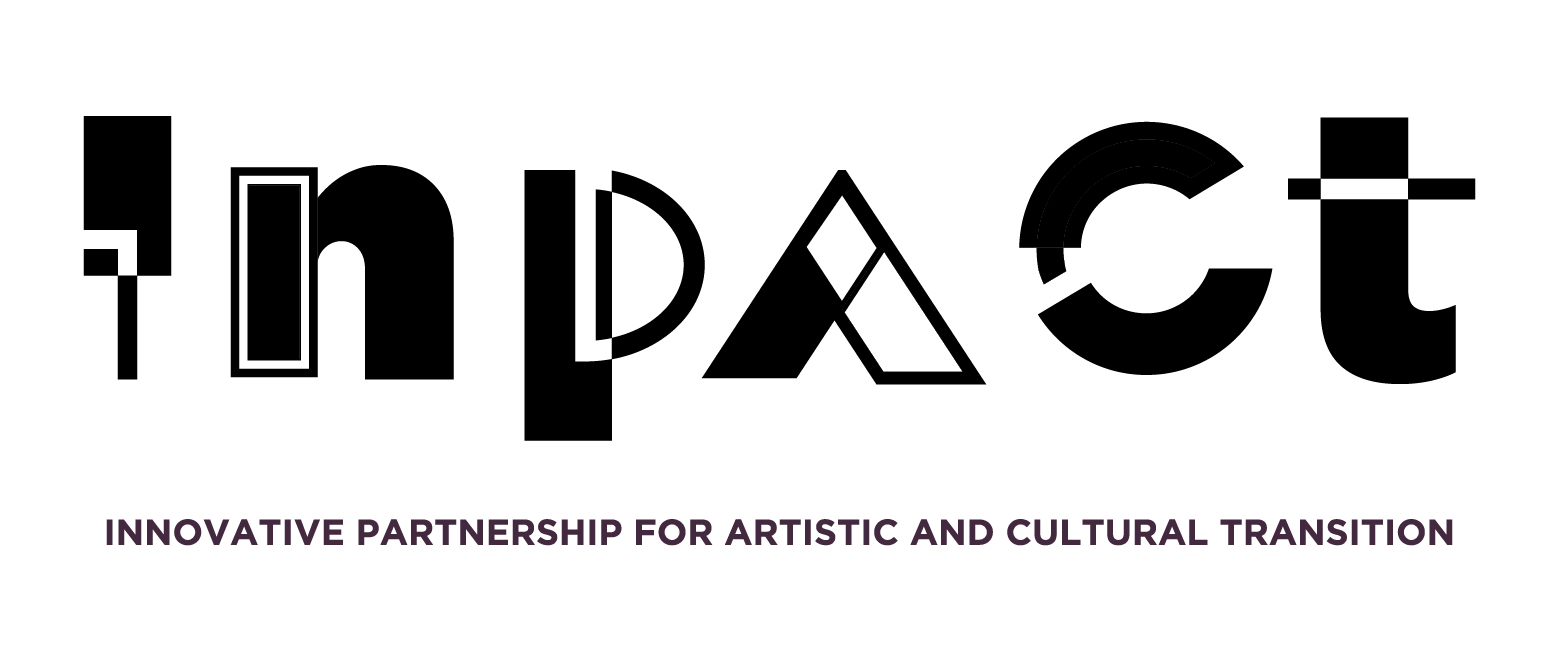A transition raising personal interest, but…
As we have already pointed out in previous posts, the Green transition scored the lowest ratings in terms of interest and impact in the needs assessment survey. It is seen as something distant, something that’s approached individually and from a consumer perspective.
In the professional sphere, some participants highlighted the potential of the cultural third sector to leverage positive changes in the field of sustainable development. There’s some consensus about the need to come up with a “strategy” for artists to think about the implications of going “green” in every step of the cultural value chain, to (re)define the notion of “eco-responsible creation” and what this entails for the creation, production and distribution of artistic and cultural work.
Keen to be green, but at what cost?
While eager to rethink the possibilities related to travel needs (exhibitions, tours, etc.), the use of eco-friendly materials, participants stress the tensions between some sustainable development measures and economic feasibility. For instance, recyclable or eco-friendly solutions cannot be found always, and when they do, they increase the costs of production and distribution.
Sustainability can´t be achieved if we ignore inequality
Sustainable projects can maintain and reproduce social, gender, etc. inequalities (not everyone can take responsibility for the environmental transition). The introduction of sustainability measures requires a previous consideration of equality issues as Luisa Santacesaria pointed out: “With Amici della musica we proposed to introduce QR codes containing the programmes of concerts and performances instead of paper sheets, but we faced the opposition of the “elderly” of the Association who rejected the idea.”
Sustainability is a highly political issue
The green transition poses challenges that need to be addressed and developed at several levels. At the local level it entails reconnecting with and engaging local populations in the design of sustainability projects that raise awareness and prompt action. But the impact of cultural projects in the environmental field would remain low if not backed up by political support.
Some inspiring practices have been pointed out. In France, La Réserve des Arts, offers a waste pick-up service to reuse materials and waste in artistic and design creations. In Italy, Il Corso della Musicaproject organized live acoustic concerts without amplification in green areas within the frame of Fabbrica Europa festival.
This is the final stop in our journey that took you through the challenges posed by the four transitions and their impact in artistic and cultural work. There are no easy solutions or quick fixes. Tackling any of these challenges require, as usual, a complex interplay of policy and practice, of individual reflection and collective action...

Keen to be green, but at what cost?
The Green Transition is a shared concern among participants in our discussion groups... This is why.
